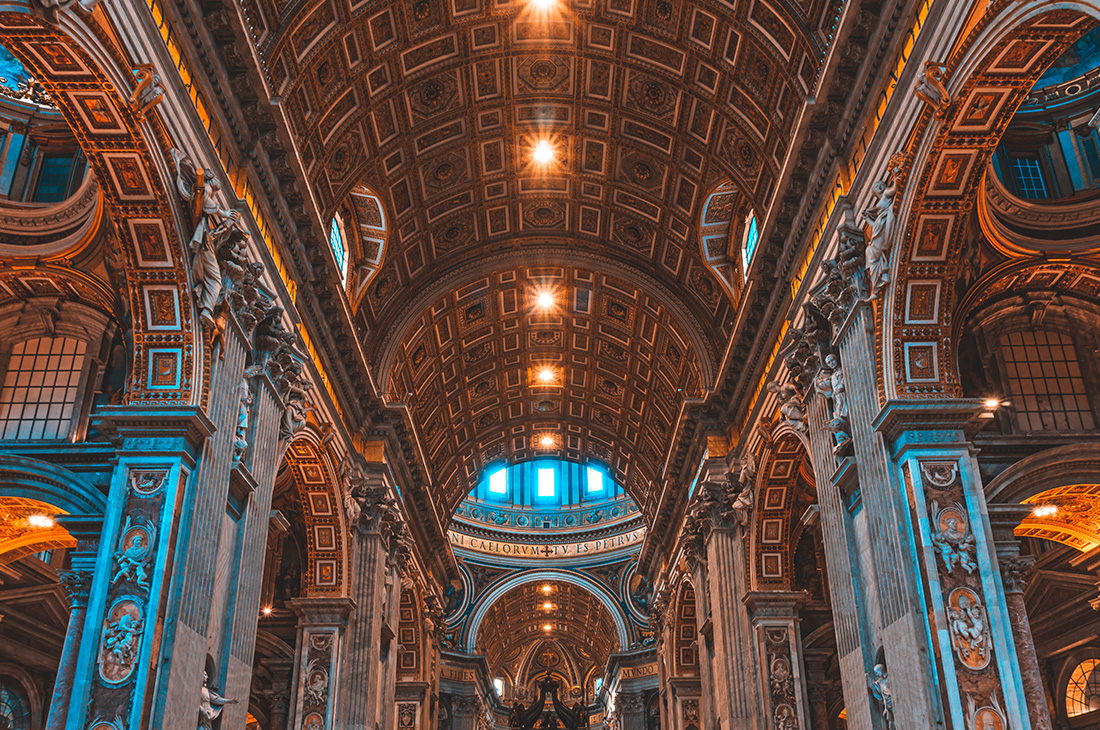This year’s annual Conference of the Catholic Theological Association of Great Britain was held at St Mary’s University College, Strawberry Hill, from 6th – 9th September on the theme of ‘The Theology of John Henry Newman’. St Mary’s is one of the places Pope Benedict is to visit and the conference members had a close-up view of the final preparations to ready the site. With Newman’s beatification taking place within days of the meeting, the conference was suffused with a sense of participating in history. At the final dinner in the historic Waldegrave Room Archbishop Vincent Nichols spoke about the very special and rather unique kind of inter-faith meeting that will be held with the Pope in that very spot.
Newman’s intriguing personality, the drama that shaped his life and the variety and subtlety of his thought dominated the event. The speakers sought to capture his life journey – his early conversion to evangelicalism, becoming one of the most prominent figures in the Church of England, being received into the Catholic Church, burdened for decades by trials and controversies, until finally his greatness was confirmed by his elevation as Cardinal.
The first papers discussed his theology, recognising that he was not a conventional theologian – perhaps not even a theologian at all in the technical sense – but someone whose thinking and writing was spurred by events, and yet one of the most profound thinkers and literary figures of his times. The shaping of his mind in his Oxford days, in the Church of England and by the Tractarian movement was discussed by Anglican Bishop Geoffrey Rowell. The seminal influence of the Fathers, and Newman’s close attention to the lessons that history delivers to the present, was the topic of the Patristic scholar Michael Lang. The philosopher Sir Anthony Kenny dealt with the febrile atmosphere of Victorian times, describing Newman’s contemporaries and the swirling doubts and enthusiasms of the age. The Catholic Newman’s way of gathering up and re-presenting his earlier Anglican works to the very specific audience of 19th century Catholics was addressed by the historian Eamon Duffy and the theologian John McDade.
The rich contours of Newman’s mind make him impossible to pigeon hole. And yet, the many facets of the man lead to him being claimed, even today, by quite opposite factions. This is nothing new, as Stephen Bullivant argued in relation to the modernist crisis that erupted in the decades after his death. Charlotte Hansen developed the point with a paper on the most crucial topic on which he is regularly invoked – conscience.
But, of course, Newman was more than a thinker; he was a deeply committed pastor. Roderick Strange of the Beda College traced the ministry which spanned his whole life, from his days as vicar of Oxford’s St Mary the Virgin and his great sermons to his later years when he became, as Archbishop Nichols put it, ‘a Birmingham parish priest’. But a parish priest who founded religious houses, a school – and a university. Education was always close to his heart, and Gerard Loughlin dwelt on his enduring influence on the recurring debate around the aims of education. Newman keeps pointing us to wisdom as the goal.
In the end one has to ask: who really is this remarkable figure? No-one at this conference pretended he was without his faults. But, theologian, priest, controversialist, poet, visionary, man of action – he has been called a ‘great Victorian’. We perhaps should see him as one in whom there was a remarkable union of mind and heart – as simply a great religious figure. It is as that that he is being honoured in these days.
